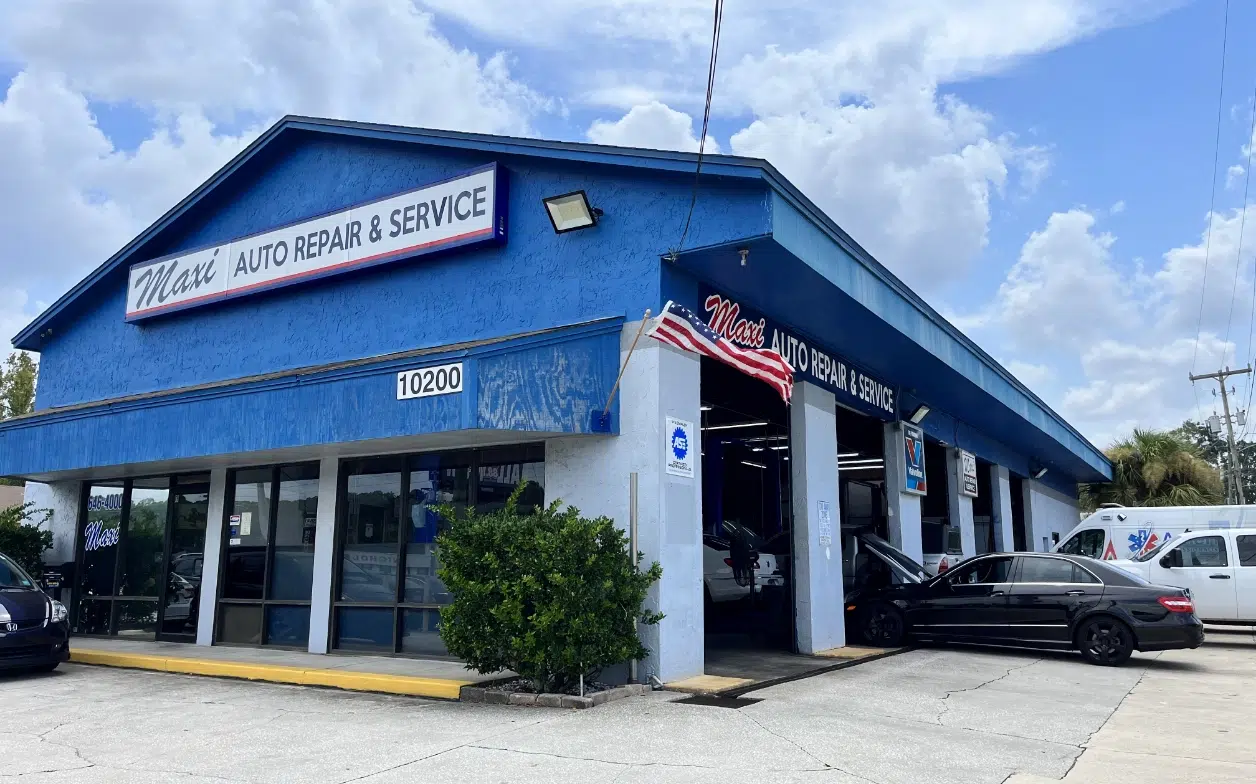All Categories
Featured
Your cars and truck is an essential part of your day-to-day live, and taking great treatment of it ensures that it offers you dependably for many years ahead. While contemporary automobiles are designed to be sturdy, overlooking correct upkeep can lead to unneeded breakdowns and costly repairs. Here's how you can keep your vehicle running longer and in peak problem.
- Stick to Routine Maintenance. The structure of a resilient automobile is routine maintenance. Follow your supplier's recommended maintenance routine, which can normally be located in your vehicle's owner's guidebook. Regular tasks like oil adjustments, tire turnings, and brake checks stop deterioration and keep your automobile executing efficiently.
Overlooking oil changes is among the quickest ways to damage your engine. Clean oil makes certain appropriate lubrication and avoids overheating. Depending on your vehicle and driving behaviors, oil modifications are usually required every 3,000 to 5,000 miles or as specified by the manufacturer.
- Examine and Replenish Liquids. Your automobile depends on numerous liquids to run smoothly. These include engine oil, transmission fluid, coolant, brake fluid, and power guiding fluid. Reduced or filthy liquids can result in engine getting too hot, sliding equipments, and brake failure.
Make it a behavior to examine liquid levels routinely. If you notice a considerable decrease in liquid levels, it may show a leakage that needs immediate interest. Maintaining liquids clean and at the best degrees guarantees your automobile runs successfully and avoids pricey fixings.
- Watch on Your Tires. Tire upkeep is essential for both safety and efficiency. Improperly filled with air tires can lower gas efficiency, create irregular wear, and enhance the danger of blowouts. Examine your tire stress regular monthly and guarantee it matches the supplier's suggestions.
Rotating your tires every 5,000 to 7,500 miles promotes also put on and expands their lifespan. Additionally, check your tires for any indications of damages, such as cuts, bulges, or reduced step deepness, and change them when required.
- Change Worn Components promptly. Disregarding worn-out components can result in bigger problems in the future. For instance, falling short to replace a worn timing belt can result in engine failure. Likewise, worn brake pads can harm rotors, leading to pricey repairs.
Be aggressive regarding changing parts such as stimulate plugs, filters, and belts according to the maker's guidelines. Using premium substitute parts guarantees better performance and durability.
- Exercise Gentle Driving. The way you drive considerably influences the life-span of your automobile. Hostile driving behaviors, such as quick acceleration, sudden stopping, and tough cornering, placed extra stress on the engine, brakes, and tires.
Rather, embrace smooth driving methods. Accelerate gradually, maintain a consistent rate, and brake carefully whenever feasible. This lowers wear and tear on your vehicle's elements and enhances gas performance.

- Shield Your Cars and truck's Outside. Maintaining your car clean isn't practically looks-- it has to do with stopping damages. Dust, road salt, and crud can trigger deterioration and corrosion, particularly in the undercarriage. Regular cleaning, specifically during winter season or after driving on salty roadways, is crucial.
Waxing your vehicle every couple of months offers a protective layer versus environmental damages. Furthermore, park your car in a garage or make use of an automobile cover to protect it from rough weather and UV rays, which can fade the paint and damage the inside.
- Do Not Disregard Indication. Control panel caution lights are your cars and truck's means of informing you something requires attention. Whether it's the check engine light, reduced oil stress, or tire stress caution, dealing with these signals without delay can protect against minor issues from coming to be significant repair services.
If you discover uncommon noises, vibrations, or modifications in your auto's performance, do not overlook them. A specialist mechanic can diagnose and take care of the issue prior to it intensifies.
- Store Your Automobile Effectively. If you're not using your car for an extensive duration, correct storage space is crucial. Keep your auto in a trendy, completely dry location to shield it from weather condition damage. Use a battery tender to preserve the battery charge and add a fuel stabilizer to avoid the gas from wearing away.

Beginning the vehicle occasionally or taking it for a brief drive can maintain all systems in working order and protect against parts from seizing up.
Final Thought: Consistency Is Secret. Maintaining your vehicle running much longer doesn't need complicated steps-- just consistency and attention to information. Treat your vehicle with care, and it will certainly compensate you with reliability, much better performance, and years of dependable service.
Latest Posts
Explore Affordable Auto Repairs with Montclare’s Monthly Service Specials
Uncover Brake Repair & More: Comprehensive Auto Care Solutions from Montclare Auto Repair
Shield and Improve Your Home with Weathercraft's Exterior siding Solutions
More
Latest Posts
Explore Affordable Auto Repairs with Montclare’s Monthly Service Specials
Uncover Brake Repair & More: Comprehensive Auto Care Solutions from Montclare Auto Repair
Shield and Improve Your Home with Weathercraft's Exterior siding Solutions
